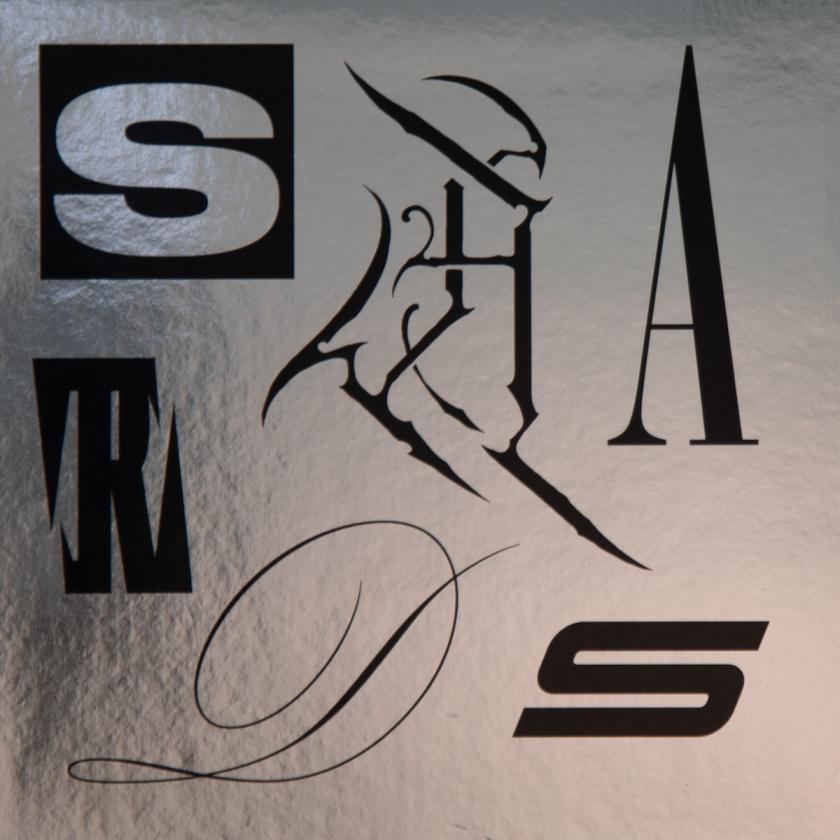The question of personality in abstract and ambient music has always been a fascinating one. Without conventional signifiers of expressiveness, and especially in the age of AI, it’s easy for people to think “a computer could have done that”. Indeed, there’ve been plenty of musicians from Brian Eno levels of prominence on down who have played with this, using algorithmic generation, anonymity and so forth as part of the project.
That’s never been the case for Canadian musician Tim Hecker, though. The fact that this is a collection of extracts from Hecker’s recent film and TV soundtrack music, yet holds together perfectly as a short, intense album as such tells you all you need to know about the coherence and distinctiveness of his work. This isn’t entirely abstract electronica: “Morning (Piano Version)” for example has stand-up bass and, yes, piano – and it’s followed by “Monotone 3” which has rippling clarinet repetitions running through it. But in fact even the purely electronic tones hit the emotional centres hard and instantly, and the feelings pile up throughout the album.
The most important thing is, no matter how detached it is from normal rhythm, tonality or playing, Hecker’s work always has been and still is bodily. Human emotions are measured in heartbeats, breaths, mental lags between reflex and reaction – and Hecker understands how texture, suspense, the difference between a flicker and a rumble, impact on these in the most direct ways. The distinctiveness of his music is like that of the greatest fine dining chef: he plays tricks on the senses, but never just for cheap thrills, always to trigger the memories and feelings in profound ways. So whether it’s pure tone glissandi or rough-edged thuds, every single sound has its place, and the whole is greater than the sum of its parts.
Listen to "Sunset Key Melt":














Add comment